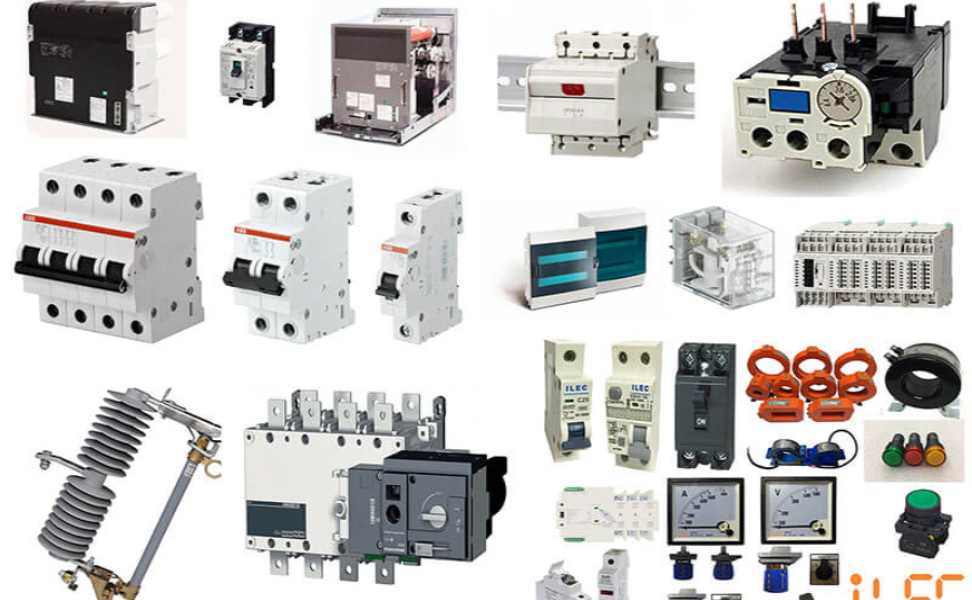The constant hum of electrical appliances, the vibrant glow of our cities at night – electricity forms the backbone of our modern world. But have you ever considered the vast industry behind these products that power our lives?
A Field of Opportunities: Why Electrical Products Hold Career Potential
The answer is yes, the electrical products sector offers a compelling career landscape. Here’s why:
- Variety and Growth: This domain encompasses a diverse range of professions, from designing intricate circuits to working on cutting-edge renewable energy technologies. The sector is constantly evolving, with growth in areas like electric vehicles, smart grids, and sustainable energy solutions.
- Demand and Security: With the ever-increasing reliance on electrical products, the demand for skilled professionals remains strong. This translates to stable job security and a promising long-term career outlook.
- Decent Earning Potential: Salaries in the electrical products field are generally competitive. Electrical engineers, for instance, command a median annual salary exceeding $96,000 [Source: Bureau of Labor Statistics].
Exploring the Electrical Products Landscape: Diverse Career Options
The beauty of this field lies in its multifaceted nature. Here’s a glimpse into the exciting career paths you can pursue:
- Electrical Engineers: The architects of the electrical world, they design, develop, and test electrical equipment, from power generation systems to intricate microchips.
- Electronics Engineers: Specializing in the creation and application of electronic circuits, they play a crucial role in developing devices like smartphones, computers, and medical equipment.
- Electrical and Electronics Engineering Technicians: Providing technical support to engineers, they assist in prototyping, testing, and troubleshooting electrical systems and components.
- Renewable Energy Technicians: As the world embraces sustainability, these technicians install, maintain, and repair renewable energy systems like solar panels and wind turbines.
- Electricians: Responsible for the safe installation, maintenance, and repair of electrical wiring systems in buildings and facilities.
Building Your Electrical Products Expertise: Educational Pathways
While specific requirements may vary depending on the chosen path, here’s a general roadmap:
- Solid Foundation: A strong background in mathematics and science, particularly physics, is crucial.
- Academic Qualifications: For engineering roles, a bachelor’s degree in electrical engineering or a related field is preferred. Certain technician positions might require associate degrees or vocational training.
- Certifications: Depending on the specialization, relevant certifications can enhance your resume and expertise.
Beyond the Classroom: Essential Skills for Success
Technical know-how forms the core, but to thrive in this field, honing these additional skills is essential:
- Problem-solving: Electrical systems can be intricate, and the ability to analyze, troubleshoot, and identify solutions is paramount.
- Analytical Thinking: A keen understanding of electrical principles and their practical application is necessary.
- Communication: The ability to clearly convey technical concepts to both technical and non-technical audiences is crucial.
The Rewarding Side of the Circuit: A Fulfilling Career Choice
A career in electrical products offers more than just a stable income. Here are the additional perks:
- Intellectual Challenge: The field constantly pushes boundaries, demanding continuous learning and innovation.
- Making a Difference: Your work can contribute to advancements in various sectors, from sustainable energy solutions to improved medical technologies.
- Sense of Accomplishment: Seeing your designs come to life and contributing to the functioning of everyday electrical products can be highly fulfilling.
Considering the Current: Potential Challenges in the Field
No career path is without its challenges. Here’s a realistic look at some potential obstacles:
- Keeping Up with Change: The field is constantly evolving, demanding a commitment to lifelong learning and keeping pace with technological advancements.
- Physically Demanding Roles: Certain positions, like electricians, might involve physically demanding tasks and working in potentially hazardous environments.
Is the Current Flowing in Your Direction?
Here are some pointers to help you decide:
- Do you enjoy math and science?
- Are you intrigued by the way electrical systems work?
- Do you possess a problem-solving mindset and enjoy logical thinking?
- Are you detail-oriented and have a knack for working with your hands?
If these questions resonate with you, then a career in electrical products might be a stimulating and rewarding choice. Remember, a fulfilling career is a blend of your interests, skills, and the potential for growth. Research different specializations within the field, explore internship opportunities, and connect with professionals to gain valuable insights into the daily realities of the job.
Feature image source:- https://tinyurl.com/yc3j6tcb

